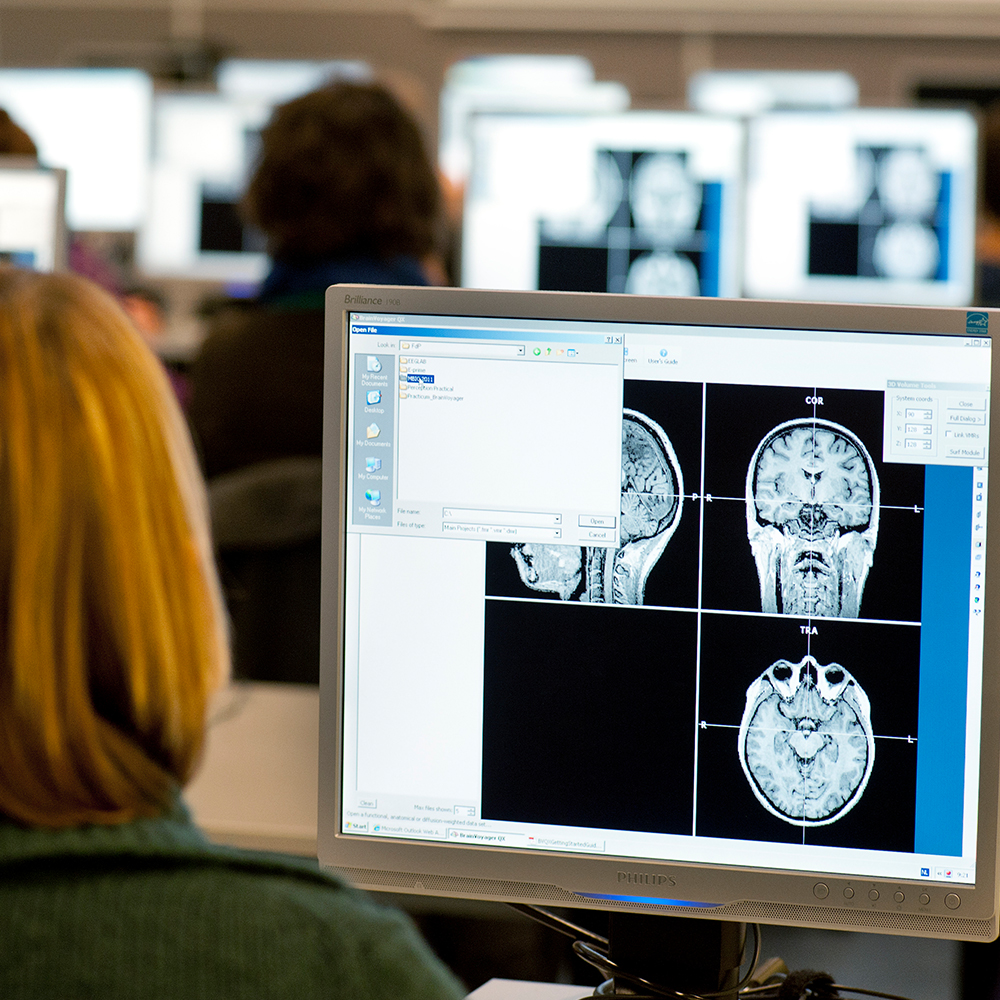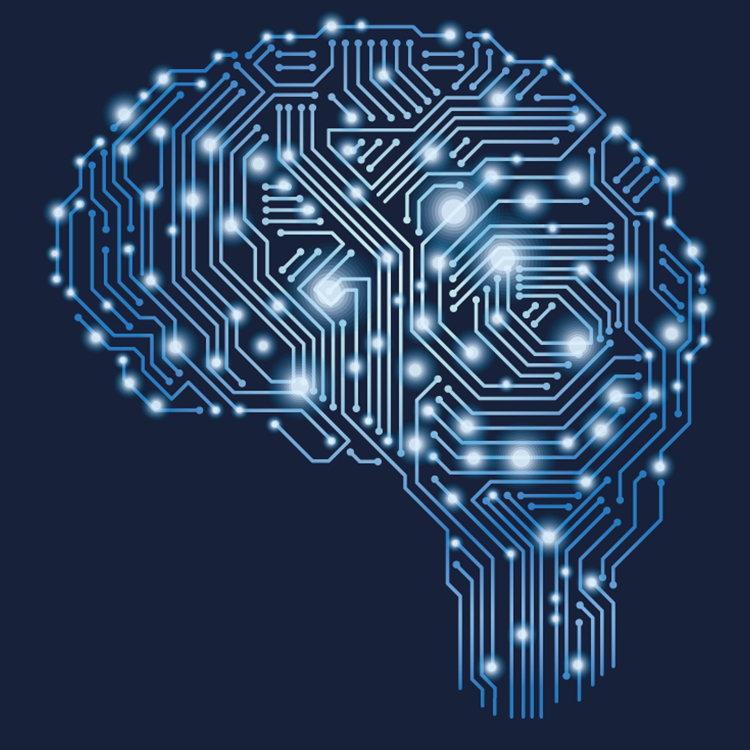Digital neuroscience research at EBRAINS receives a €38 million EU grant.
Researching the brain is as complex as the brain itself and thus requires an elaborate research infrastructure. EBRAINS aims to create such an infrastructure, enabling scientists to unravel the workings of our brain.
In January 2024, the European Commission granted EBRAINS €38 million for the further development of an international open research infrastructure for brain research. Over the next three years, the project will continue to develop tools and services to widely serve research communities in neuroscience, brain medicine, and brain-inspired technologies. More specifically, with the grant, called EBRAINS 2.0, scientists at Maastricht University aim to develop computer simulations of the metabolic interactions between neurons and glial cells in the brain.
EBRAINS 2.0 extends the work of the EBRAINS research infrastructure project, a legacy of the EU-funded Human Brain Project. EBRAINS started in 2019. it already offers an extensive range of brain data sets, a brain atlas, modelling and simulation tools, as well as access to high-performance computing resources. The project involves 59 partners from 16 countries. At Maastricht University, professor of Neural Engineering and Computation, Renaud Jolivet (Faculty of Science and Engineering), and professor of Cognitive Neuroscience, Rainer Goebel (Faculty of Psychology and Neuroscience) and their teams are involved in EBRAINS.
Also read
-
Kim Ragaert, Professor of Circular Plastics at Maastricht University, is one of three candidates for the Prins Friso Ingenieursprijs 2024. The same goes for the SublimStone student team. As finalists, they have a serious chance of being awarded the title of Engineer or Student Team of the Year by...
-
Prof. dr. ir. Gerard van Rooij will deliver his inaugural lecture titled "Out of Balance" on 02 June. With this lecture, he officially begins his tenure as professor of plasma chemistry at Maastricht University.
-
The programme, which will boost fundamental research in artificial intelligence through public-private collaborations, has a total budget of over 87 million euros. ROBUST will include 17 new labs across the Netherlands and recruit 170 new PhD candidates.



